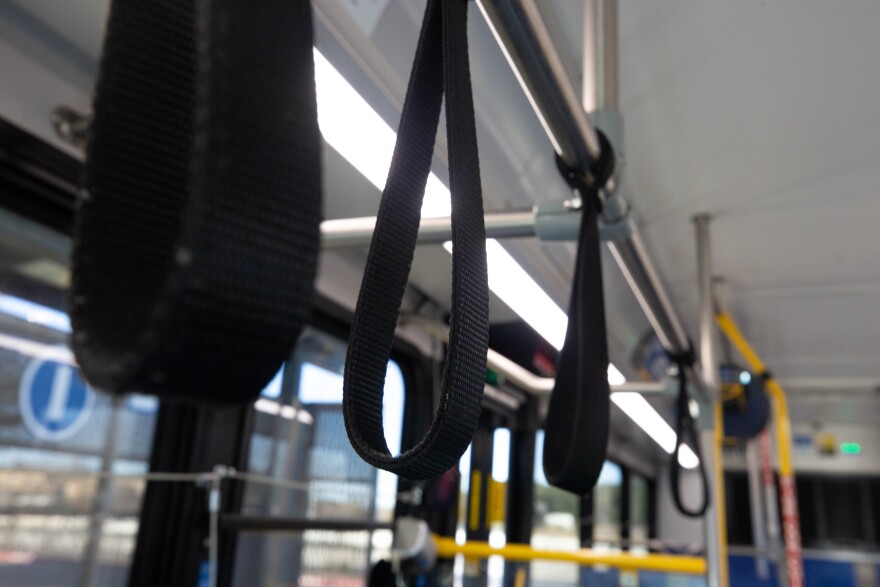The City of Austin is preparing to spend $65 million this year on efforts to prevent people who live near future public transit lines from being priced out of their homes.
The single-largest transit expansion in Austin's history is expected to increase demand for property near frequent transit routes, potentially making affordability problems worse in a city where home prices have been growing by 20% a year or more.
"There's a different way that we can do the transit investments that does not have to negatively impact communities in such a huge way that we have seen done historically," said Nefertitti Jackmon, who was hired last year as the city's first community displacement prevention officer.
The $65 million will be divided pretty evenly between three goals: buying property, developing property and funding community-initiated projects.
The money is coming from a $300 million anti-displacement fund approved by Austin voters in November 2020 as part of the $7.1 billion Project Connect transit expansion. Project Connect is paid for with federal grants and a local tax increase of 8.75 cents per $100 of property value.
The transit expansion includes the addition of two light-rail lines and four high-frequency MetroRapid bus routes. The new routes, particularly light-rail, are expected to draw increased development clustered around stations.
The severity of gentrification and displacement around transit stops has been hotly debated among academic researchers in large part because the phenomenon is so difficult to measure.
But Austin's long history of racial segregation and development favoring whites — as outlined in a city report intended to inform how the $300 million anti-displacement fund is spent — has officials looking at least to avoid making life more difficult for historically Black and Latino neighborhoods in the path of planned transit routes.
All the anti-displacement money will be focused on areas within a mile of transit lines where the city believes people are at high risk of being pushed out. The risk was calculated using University of Texas research, census data and other statistics.
Of the $65 million to be spent this year, $23 million is budgeted for land acquisition. The city plans to buy multifamily properties along the Project Connect lines, but will also set aside $8 million for loans to eligible nonprofit organizations that could do their own preservation and development of affordable housing.
Another $21 million will go toward land development — including building and renovating affordable housing. The city says the money will allow private and nonprofit developers to access tax incentives and loans for increasing the supply of lower-cost housing in areas within a mile of major transit routes.
The city is devoting $20 million of this year's funds to community-initiated projects. Starting in the spring, neighborhood groups will be able to apply for grants to develop their own programs aimed at preventing people from being priced out of their homes.
The remaining $1 million or so will be spent on administering the program.
"We sought to design a very different process that centered people who are most impacted [by Project Connect development]," Jackmon said. "Our city is thriving right now, but why do we continue to exclude such an important segment of our community?"




















